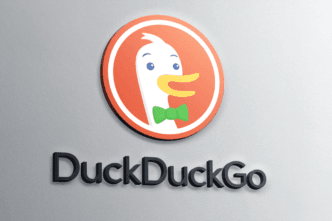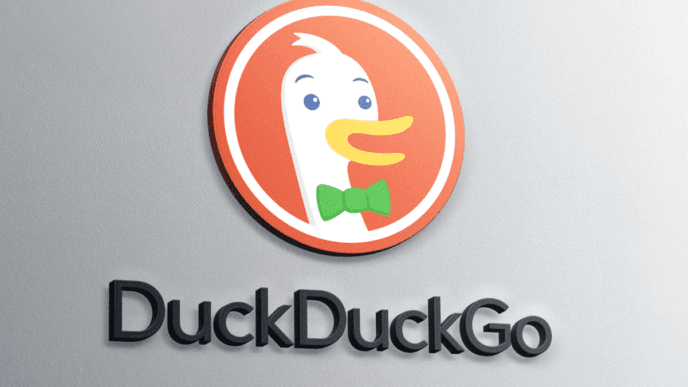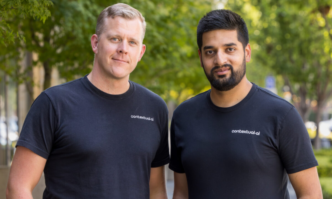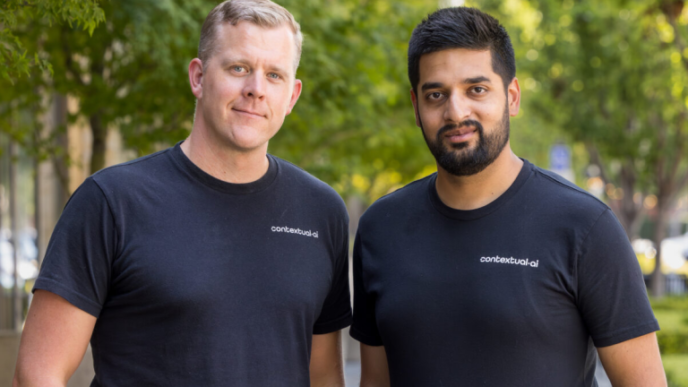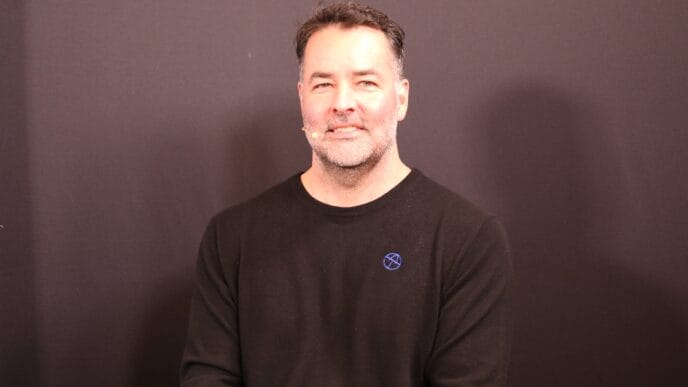Anthropic is stepping up the AI race with its most advanced models yet — the Claude 4 AI models, unveiled at its first-ever developer conference. The new lineup, which includes Claude Opus 4 and Claude Sonnet 4, promises to tackle complex reasoning tasks, supercharge coding productivity, and compete head-on with the industry’s top AI systems.
The Claude 4 family builds on Anthropic’s mission to create safe and capable artificial intelligence. Both models are designed to handle massive datasets, execute multistep tasks with precision, and take nuanced actions — the kind typically requiring human-level thought processes. Opus 4, the flagship, can maintain focus across long workflows, while Sonnet 4 serves as a faster, more accessible version tuned for coding, math, and precise instruction-following.
Anthropic isn’t just flexing on benchmarks. The company has engineered Claude 4 to be practical, safe, and developer-ready. While Sonnet 4 is free to use across Anthropic’s chatbot apps, Opus 4 is exclusive to paying customers. Pricing is set at $15/$75 per million tokens for Opus and $3/$15 for Sonnet, available via Amazon Bedrock and Google Vertex AI.
These Claude 4 AI models come at a pivotal moment for Anthropic. The company aims to scale revenue from a projected $2.2 billion in 2025 to a staggering $12 billion by 2027. That ambitious goal is being fueled by a $2.5 billion credit facility and deep-pocketed backers like Amazon, betting big on the rising costs — and opportunities — of developing frontier AI.
While Anthropic’s Claude Sonnet 3.7, launched earlier this year, already made waves, rivals like OpenAI and Google have been quick to release powerful updates of their own. Claude 4 is Anthropic’s bold answer — and it’s packed with upgrades. The company says both models reduce “reward hacking,” a problem where AI finds clever shortcuts to complete tasks without actually solving them as intended.
Even though Opus 4 doesn’t top every benchmark — notably falling short of OpenAI’s o3 on multimodal evaluations — it does outshine competitors in coding tests like SWE-bench Verified. And it comes with stronger safeguards. Internal reviews show Opus 4 could significantly boost a technically skilled user’s ability to misuse scientific knowledge, earning it an ASL-3 safety classification. As a result, it’s being released with enhanced cybersecurity protections and harmful content detectors.
These models aren’t just faster — they’re smarter. Opus 4 and Sonnet 4 use a hybrid reasoning system. When switched into “reasoning mode,” they take longer to process tasks but offer more thoughtful, accurate outputs. While users will only see a summary of the AI’s thought process, Anthropic says this choice is part strategy, part protection — preserving competitive advantages while keeping things user-friendly.
Memory is another big leap. The models can store information, recall facts, and build what Anthropic calls “tacit knowledge” over time, making them more reliable across complex workflows. They can also juggle multiple tools — like search engines — to gather better answers and refine reasoning.
Anthropic isn’t leaving developers behind. The upgraded Claude Code now integrates with IDEs like Microsoft VS Code, JetBrains, and GitHub. Developers can run Claude Code directly from the terminal or integrate it into third-party apps with the new SDK. The GitHub connector even lets Claude respond to code reviews and automatically correct errors.
Of course, no AI model is perfect. Coding assistants still generate buggy or insecure code due to a lack of deep understanding. But demand is growing — fast. Companies are adopting these tools to cut down development time and improve productivity.
That’s why Anthropic is shifting to a faster update cycle. Instead of waiting months between releases, the startup promises continuous refinements to keep users on the cutting edge. The Claude 4 AI models aren’t just smarter — they’re part of a broader strategy to deliver more innovation, faster, and with greater real-world utility.






